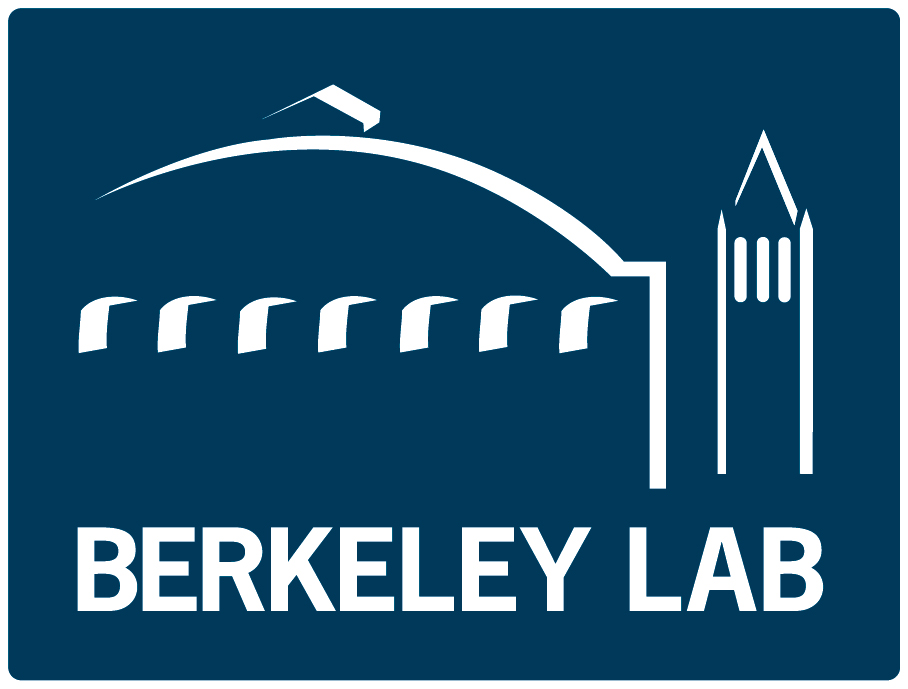APPLICATIONS OF TECHNOLOGY:
- Advanced Manufacturing (i.e. continuous reused and/or upcycled plastics)
BENEFITS:
- Integrated process with selective digestion of poly(lactic) acid (PLA) materials
- Poly(ethylene terephthalate) (PET) emerges free of contaminants and ready to be reprocessed
- Catalyst and un-reacted solvent may be recovered and reused
BACKGROUND:
- Rising global plastics usage has highlighted the need for improved recycling methods and petroleum-free feedstocks. While PET is one of the most common plastic resins and can be readily recycled, this process is complicated by the increasing presence of PLA in waste streams. Due to a disparity in resilience to temperature and chemicals, PLA causes contamination of PET during reprocessing. However, the contrast in properties may be used to separate the materials while simultaneously generating useful byproducts.
TECHNOLOGY OVERVIEW:
Researchers at Berkeley Lab have developed a novel process by which PLA is selectively removed from a PLA/PET mixture using alcoholysis. The PLA/PET mixed polyester waste streams are fed to a reactor containing a solvent mixture including an alcohol and a catalyst, which selectively digests only PLA to lactate. PET emerges free of contaminants and ready to be reprocessed. The catalyst and un-reacted solvent may be recovered and reused.
Not only does the process remove impurities from PET, but the resulting lactate esters are valuable as both bio-derived solvents and “green” monomers for the production of virgin PLA. It promotes a circular economy through which plastics are continuously reused and/or upcycled.
DEVELOPMENT STAGE: Proven principle
PRINCIPAL INVESTIGATORS:
STATUS: Patent pending.
OPPORTUNITIES: Available for licensing or collaborative research.
TECHNOLOGY CATEGORIES/SUBCATEGORIES:
- Energy Efficiency
- Bio-based products
- Circular economy
